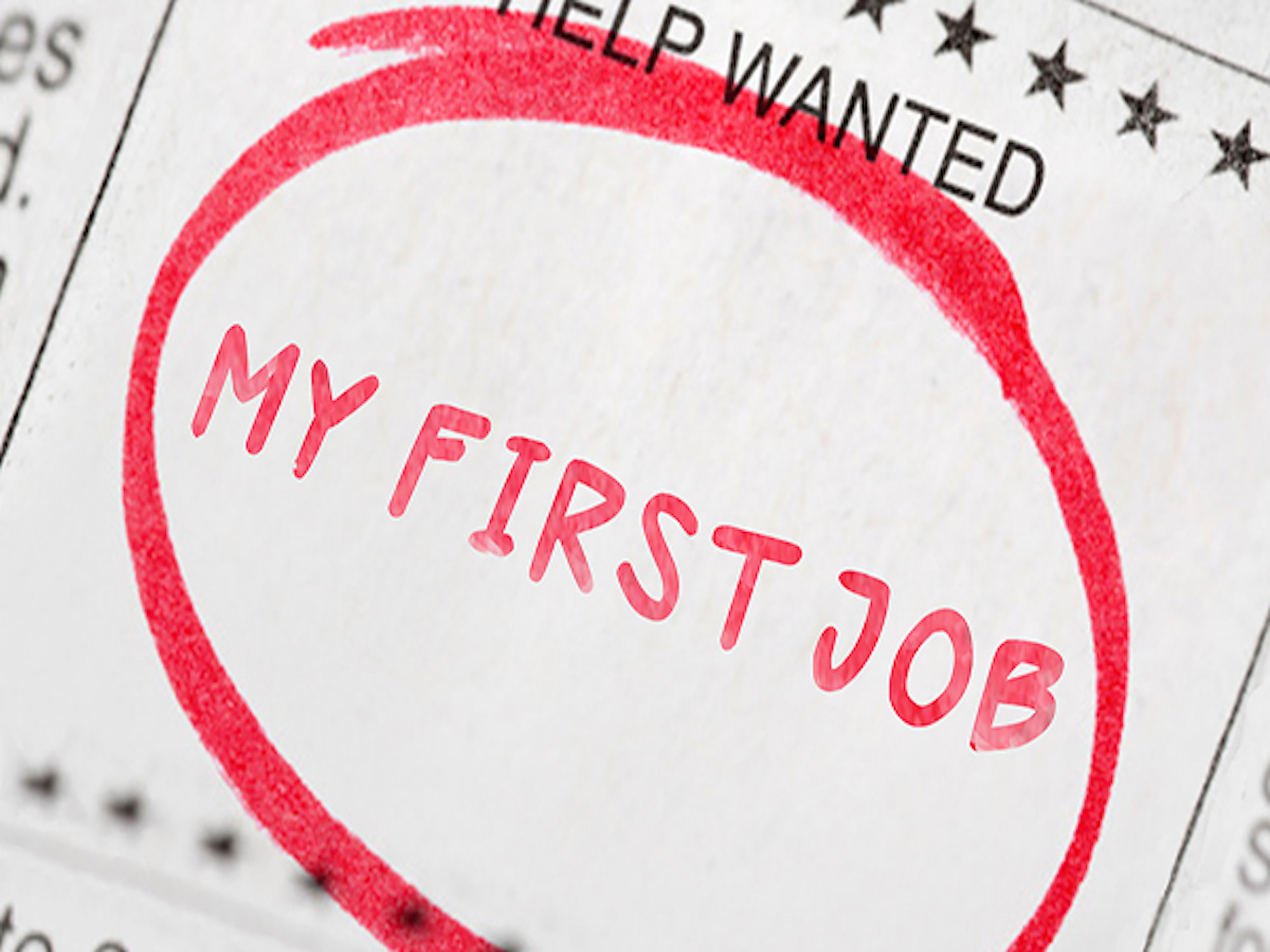
A career plan can help you to grow your career. If a plan is well designed, it can help people reach their career goals and improve their skills. It can help you build a strong alumni community. However, a career development plan must not be forced or feared. You should make it flexible and encourage people to chase their dreams.
IDP
An Individual Development Plan (IDP) can help you map out a specific course of action. This document will provide information about your strengths, weaknesses and opportunities to develop new skills. An IDP is a tool that can help you maintain your career progress. An IDP can help you plan your next steps and set milestone dates.
While creating an IDP can be time-consuming and exhausting, it's well worth the effort. It helps you identify your strengths as well as your weaknesses and allows you to chart your own career path. You should approach an IDP with a positive mindset. It should be positive and take into consideration long-term goals as well as short-term demands.
SMART career development plan
A SMART career plan is a living, dynamic document that tracks progress towards specific career goals. It helps employees understand their strengths and weaknesses, which can guide them in making the right career choices. A SMART career development plan can be updated based on new information, as employees and employers may change.

These goals must be realistic and achievable. People find it difficult to reach goals that are too broad or unrealistic. You should also set clear time frames to track progress. This way, employees can see if they missed anything along the way. In addition, SMART career development plans benefit employers. A well-developed plan can help employees meet individual goals as well as departmental goals.
Goals
Before setting career development goals, consider why you want to achieve them. It will keep you motivated and committed to your goal by identifying a bigger purpose. A sense of purpose and meaning can help you persevere in tough situations. Next, create a list with specific steps that will get you there. This is called SMART goal setting.
It is important to clearly state your career development goals in writing. A spell-checker can help you avoid grammar and writing errors. Proofread your emails to check for errors.
Milestones
Important parts of any career development plan are milestones. Whether you're at the beginning of your career or advancing quickly, there are several important milestones to work towards. Graduating from an academic college is one example of such a milestone. It is a significant milestone and should have ripple effects throughout your career.
Another milestone is achieving a specific job in your company. This is known as a career milestone, and it marks the transition from one job to the next. It builds confidence and courage and opens up new opportunities. Celebrate every milestone in your career, no matter how small, such as a promotion, interview or getting kudos by your employer. Many professionals overlook and diminish small career milestones, but celebrating them will fuel your career development plan and give you a sense of accomplishment.

Communication
The best way to encourage employees to develop their careers is to have career development plans. Employers need to guide their employees in their career choices. Employers should communicate clearly with their employees about their goals, expectations, and limitations during career planning meetings.
Communication is vital to any organization. It is not an option to neglect this skill. Companies should therefore invest in their employees' writing, oral, digital, as well as interpersonal communication skills. Working in groups is a great way for people to communicate with one another. This builds team spirit and helps employees develop their interpersonal skills. Participating in discussions from all sides is an excellent way to gain insight and knowledge.